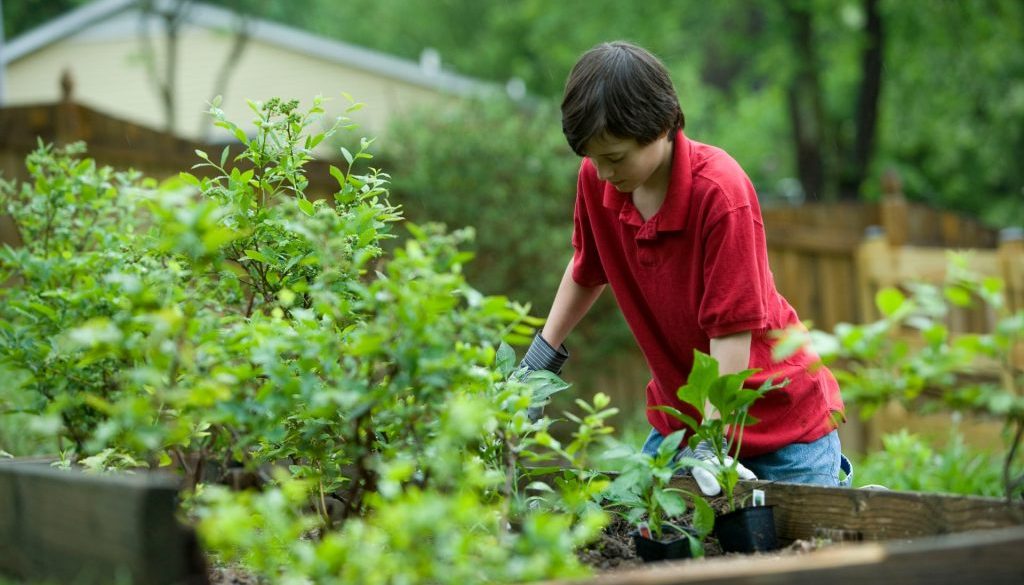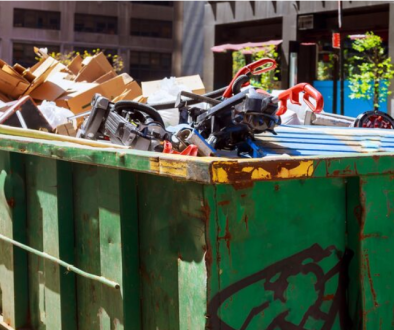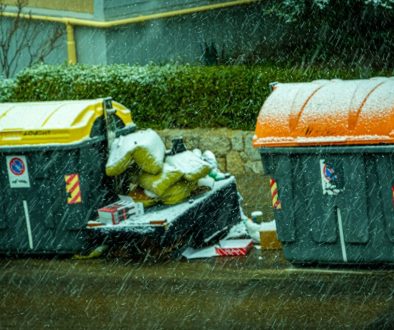Spring time has finally come around and it’s finally time to start on a new garden project. You have been planning out the revamp of your garden in your head and now that the weather conditions permit, you head out to your garden and begin.
What you don’t realise at the start of your project is the amount of garden waste you would be dealing with. The bigger the project, the more garden waste that you produce. While garden waste may seem all the same, they are not, and disposing of them requires proper segregation, as well.
If you want to learn more about the removal of garden waste and how you can deal with it, then keep on reading below.
What Is Considered as Garden Waste?
Garden waste refers to the organic or non-organic material that you produce while maintaining your garden or as a result of a garden project. This can include a wide variety of things, including leaves, grass, twigs, branches, clippings, weeds, compost, rubble and more.
While it may seem like adding all of these things together would be beneficial for your compost pile, in reality, the best thing to do is to properly segregate the material and dispose of them properly.
Why Do You Need to Remove Garden Waste?
A lot of people think that garden waste is just another term for rubbish. But if this were the case, why would there be a need to remove it? The reason is rather simple: Garden waste produces a lot of organic matter, which contaminates your soil.
When organic matter sits in your garden for extended periods, it will begin to decay into a liquid base and will start to rot. This is not something that you want to happen because when the organic matter decays, it starts to destroy the good bacteria in your garden that naturally benefits the soil.
So when garden waste is left to rot, it will slow down the natural process of breaking down the organic matter and allow it to be recycled by using so-called bad soil bacteria. This is when the bad bacteria begin to feed on the organic material and produce toxic soil that you do not want in your garden.
Aside from organic matter, garden waste also can spread pests and diseases. Not only do these organisms attach themselves to the garden waste, but they can also spread to nearby plants or insects.
Finally, garden waste can also attract insects, which can be harmful to the plants in your garden. By disposing of your garden waste, you are preventing insects from spreading as you are removing the source of food for them.
How Long Will It Take Me to Clear My Garden?
A typical garden waste removal project will take you from at least a couple of hours to even days to complete, depending on the size of your garden and the amount of waste material you have there. If you do not have your own garden waste disposal unit and you have to hire a waste collection service, then the process can take you longer, depending on the availability of the service.
What Are My Disposal Options for Garden Waste?
When it comes to disposing of your garden waste, you have a number of options that you can choose from. These options can be dependent on the size of your garden as well as the amount of garden waste that you have. Remember, the bigger your garden is, the more garden waste you will have to deal with.
1. Local Recycling Centre
For smaller gardens, you might want to consider local recycling centres. This can be the best option for you because it is cost-effective and is able to handle your garden waste volume. All you have to do is head out to the recycling centre and drop off your waste material. Depending on the recycling centre, they might also charge you a low rate for the service.
2. Green Recycling Bin
If you have a green recycling bin, then you can also use that to dispose of your garden waste. This is an option for homeowners as well as commercial and industrial establishments. Simply bring the waste material to your green recycling bin and drop it off at a trusted recycling centre.
3. Man and Van Removal Service
Instead of worrying about the disposal of your garden waste, you can simply hire a waste management company to take care of it for you. That way, you won’t have to worry about disposing of your garden waste properly as well as taking up more time.
4. DIY Garden Waste Disposal
For bigger gardens, you might need to consider the DIY method of garden waste removal. If you go for this option, you will have to hire the appropriate tools for the job, including a garden shredder, chipper or shredder, or garden shredder. If you do not have enough garden waste to warrant a shredder, you can simply use a garden leaf blower as well.
5. Skip Hire
Skip hire is also another option for garden waste disposal. Simply hire a skip for your garden waste, and then fill your skip as much as you want. Skip hire is great for commercial and industrial uses as well as for large gardens.
As you can see, there are a number of ways that you can effectively deal with your garden waste. When choosing the right disposal method, you need to consider the amount of garden waste that you produce.
Conclusion
Considering the environment today, you cannot just simply throw away your garden waste. You have to dispose of it in a way that will not harm the environment or even your garden. This can be done through the proper disposal of your garden waste, which can be done in several ways. However, your choice to remove your garden waste will depend on preference and project size. Just be sure to do it properly without anything being left behind.
If you are looking to hire a skip in Cheshire, you can do so by contacting us at Enviro Skip Hire. We are a family-run skip hire and aggregate company, making it easier for our clients to get rid of their waste and properly dispose of their rubbish. Contact us today to learn more about our services.




